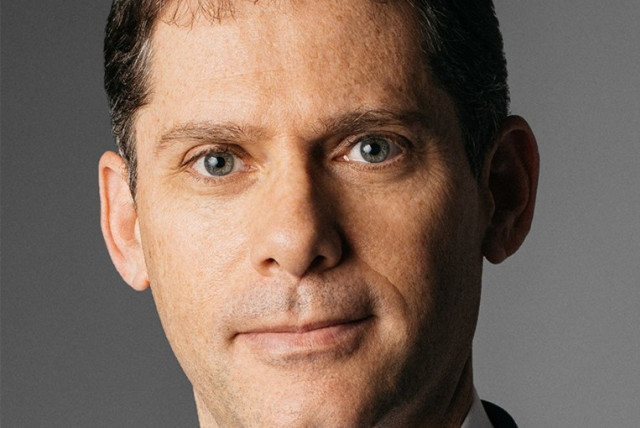Why is Israel pushing for blockchain-based real estate? - interview

A recent Lands Authority tender has called for blockchain experts — but what does Israel stand to benefit from real estate tokenization?
According to a tender issued earlier this month, the Israel Lands Authority is now actively seeking blockchain experts to explore various applications of this technology within its operations.
The applications point to blockchain being used for property registration, license management, the execution of transactions and agreements through smart contracts, tokenization of real estate properties, the creation of a platform for token trading and evaluations, and the establishment of a distributed database for real estate registration across Israel.
Blockchain is a decentralized digital ledger that enables and records secure peer-to-peer transactions across a network of computers, ensuring transparency and immutability of data. Tokenization is the process of converting real-world assets, such as property or stocks, into digital tokens on a blockchain. These tokens represent ownership or rights, making it easier to trade, divide, and transfer these assets digitally, enhancing liquidity and accessibility.
Within the real estate sector, the technology holds significant potential: implemented properly, blockchain can vastly expedite global real estate transactions, rendering intermediaries obsolete and simplifying the legal intricacies surrounding property ownership and registration.
Roi Karo, Chief of Risk and Strategy at Fireblocks, shed light on the significance of the tender.
Fireblocks is an innovator in digital asset management on the blockchain, which has developed an end-to-end tokenization platform that enables users to securely mint, custody, and transfer tokenized assets and manage the associated smart contracts. A recent collaboration between the company, the Finance Ministry, and the Tel Aviv Stock Exchange resulted in the launch of a pioneering digital bond issued by the State of Israel.
What’s the difference between blockchain real estate and cryptocurrency?
“It’s important to distinguish between the sometimes controversial world of cryptocurrencies and the foundational technology behind them. While names like Bitcoin and Ethereum often capture headlines with their price volatility and regulatory challenges, they are just an example of what blockchain technology can offer,” explained Karo, noting that tokenized assets, such as equities, private credit, treasuries, precious metals, and real estate, have recently surged to a combined market cap exceeding $3.1 billion.
The realization that blockchain technology is the future of real estate has been gradually gaining momentum. In 2018, a survey by PwC revealed that 54% of real estate executives believed blockchain would significantly impact their industry within five years.
How can Israel benefit from blockchain real estate?
As of 2022, blockchain technology’s adoption in real estate stood at over 3.5%, and projections from Statista indicate it is poised to capture over 5% of the blockchain market share by 2030. These figures demonstrate the expansive utility of blockchain technology beyond just digital currencies.
The adoption of tokenization, especially in the real estate sector, offers numerous benefits to countries.
“Blockchains operate as global networks, they seamlessly bridge geographical and financial divides, enabling direct transactions between parties from any corner of the world,” Karo explained.
Israel’s real estate industry, in particular, is poised to benefit immensely from blockchain and tokenization, if it is able to properly implement the technology. Currently, the Israeli real estate market is known for its lack of liquidity, time-consuming transactions, and high fees due to multiple intermediaries.
“By tokenizing these assets and using blockchain rails, real estate transactions can be nearly instantaneous and can occur directly between two parties anywhere in the world. Additionally, tokenization allows for fractional ownership of assets which enables investors to participate with relatively small amounts of capital. This lowers the barrier to entry and opens up access to a much bigger pool of investors,” Karo said.
“Furthermore, transactions on the blockchain are peer-to-peer meaning there is no need for a broker or broker fee, which makes real estate investment more appealing, especially for small-scale investors,” he added. “Collectively these factors contribute to improving the overall liquidity of the real estate market, fostering a more efficient, stable, and attractive investment landscape.”
Jerusalem Post Store
`; document.getElementById("linkPremium").innerHTML = cont; var divWithLink = document.getElementById("premium-link"); if (divWithLink !== null && divWithLink !== 'undefined') { divWithLink.style.border = "solid 1px #cb0f3e"; divWithLink.style.textAlign = "center"; divWithLink.style.marginBottom = "15px"; divWithLink.style.marginTop = "15px"; divWithLink.style.width = "100%"; divWithLink.style.backgroundColor = "#122952"; divWithLink.style.color = "#ffffff"; divWithLink.style.lineHeight = "1.5"; } } (function (v, i) { });


